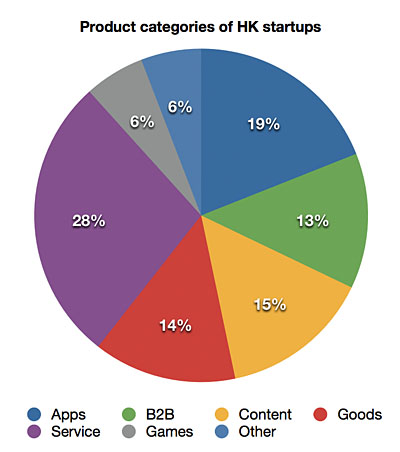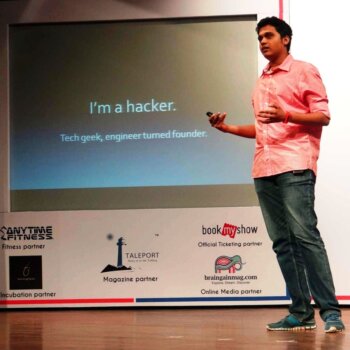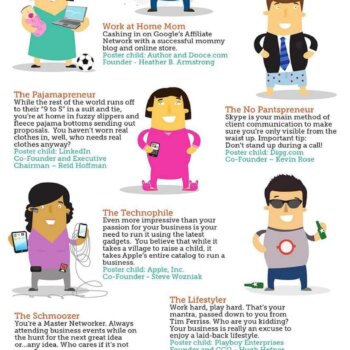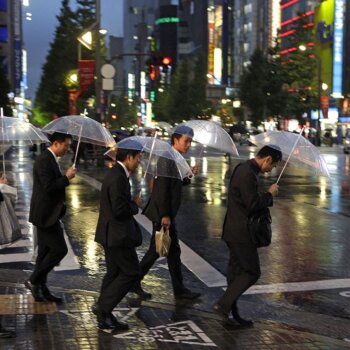Last month, my friend Paul Orlando and I launched Startup Hug*, an experiment in cultivating an early adopter community here in Hong Kong. As part of the process, we evaluated over 130 local startup websites (the list came from Paul’s We Are HK Tech). One side product is that we categorized and annotated this list of 130.
While the data is still up to date, I wanted to share some of the statistics that we found – though do keep in mind the margin of error as this has been one night’s work:
Additional notes:
- While games only made up 6% of the startups, they actually represent a relatively mature sector here.
- I was surprised by the number of content startups, given the relative dearth of a reading-blogging culture locally.
- Only 14% of startups offered (physical) goods, of which only a handful were genuine hardware startups. This seems low given Hong Kong’s proximity to Shenzhen and history of toy/clothing manufacturing.
- 45 startups (35%) offered free (or freemium) products/services.
- Productivity tools were nowhere to be found.
- China-targeting startups were rare (probably less than 10%), which either speaks to the difficulty of doing that from Hong Kong or a lack of trying.
Want to find out more? See the four startups we chose to feature on Startup Hug or see the updated list of startups at We Are HK Tech.
written by a group of bloggers from 88 Bar. See more.





























